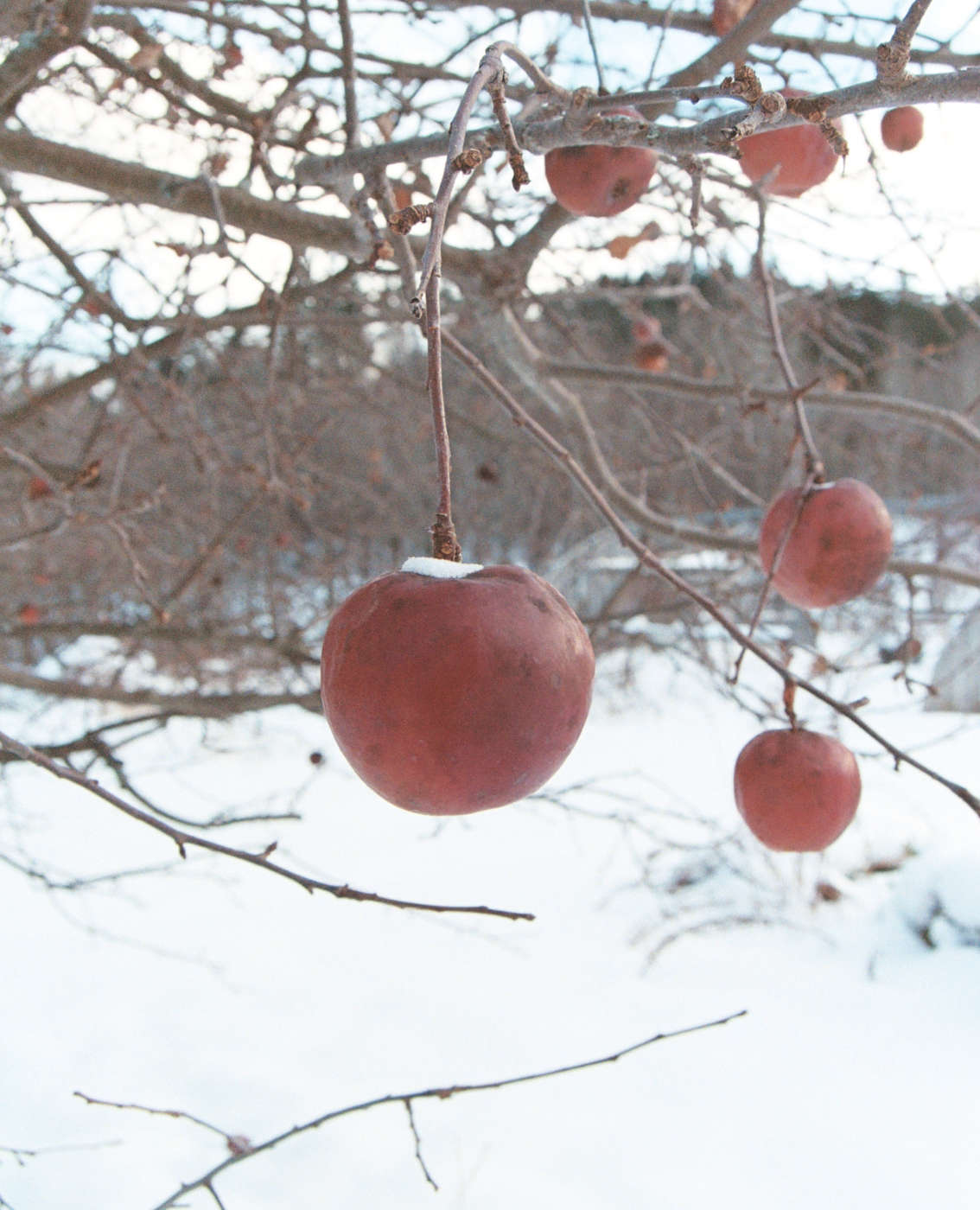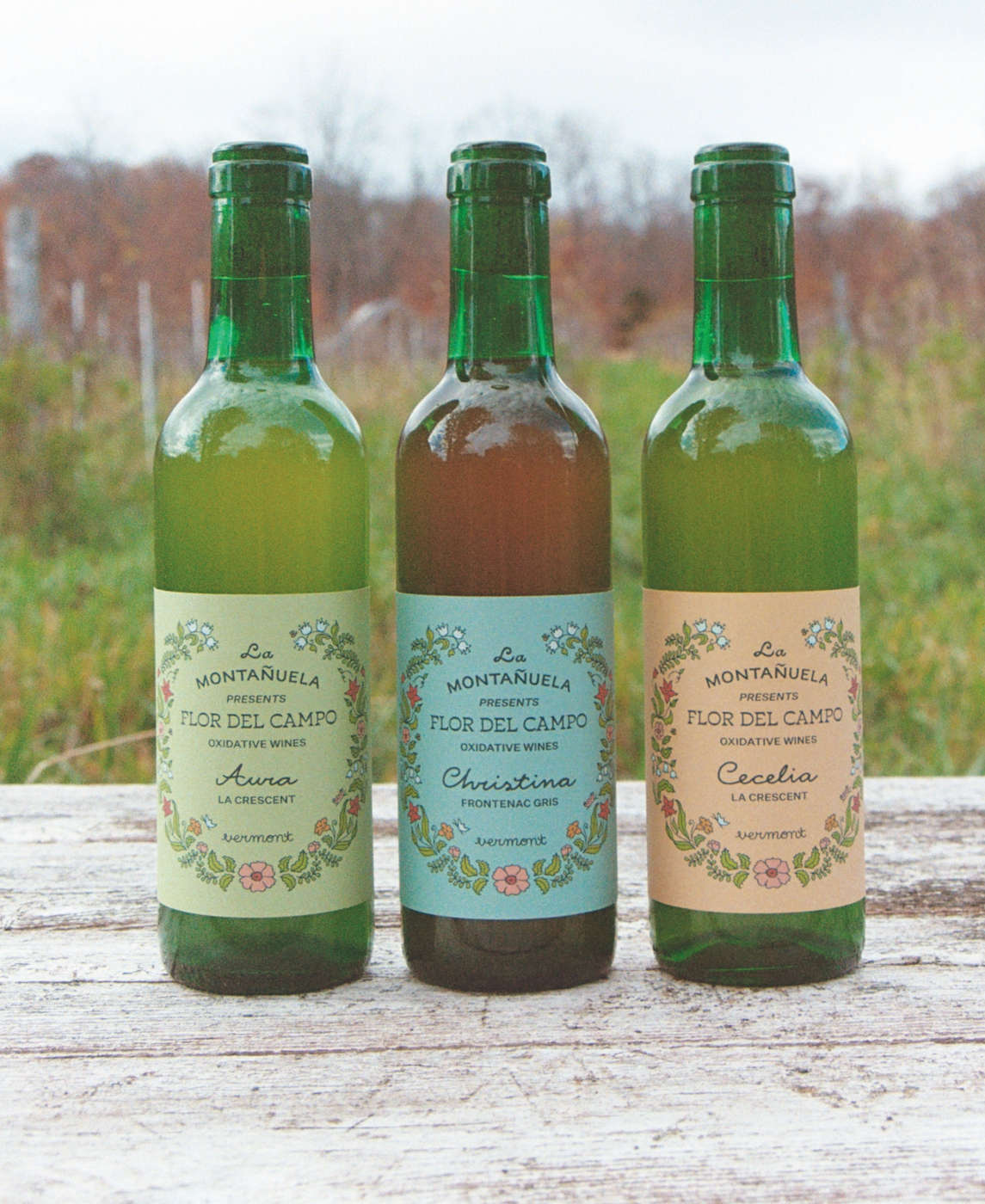Camila Carrillo, La Montañuela, New Haven and Barnard
The best thing Camila Carrillo did as an aspiring winemaker? Ignore the accepted belief that she needed to excel in chemistry and math and earn a college degree. “School was never my thing. I’m a physical person who learns best through handson experience.”
At 19, Camila volunteered at an organic farm in Italy and then spent a month at a winery in Healdsburg, California. She returned to Vermont and continued her self-education by working at wine bars and tasting rooms for the next four years. In 2015, Camila headed back to California and did a two-month internship at Flowers Vineyards & Winery, where the winemaker Chantal Forthun invited Camila to participate in all aspects of production. “Those two months changed my life,” Camila says. “They gave me the confidence that I could pursue my dream and didn’t need a college degree.”Thanks to Chantal’s encouragement, Camila spent the next two and a half years interning at wineries in Argentina, Washington State, Italy, and South Australia. By 2018, she was back in Barnard, Vermont, working as assistant winegrower at La Garagista under the mentorship of Deirdre Heekin and Caleb Barber. Six years later, she’s now a partner at Gruppo Garagista, making her own La Montañuela wines in Barnard. “I’m a winemaker in Vermont because of Deirdre and Caleb.
Deirdre is the perfect mentor for me because she works with her senses. She’s making beautiful wines as a farmer working in collaboration with plants and nature.”
Early on, Deidre encouraged Camila to make co-ferments that use juice from pressed apples and other foraged fruits, a more economical way for a beginner to learn the process of fermentation. “Co-ferments are a great way to develop a winemaker’s skills,” Camila says. “They also teach us not to rely on just one fruit crop, giving us adaptable options when we’re hit by a climactic event such as the 2023 spring frost that wiped out so many young buds or the devastating floods of the past two summers.”
In 2019, Camila gained access to a quarter-acre vineyard in Hinesburg owned by Jen Thompson and Briana Connell. The small plot had been left to its own devices for a year, and in exchange for tending the vineyard organically, the owners allowed Camila to harvest all the fruit she needed. Camila pruned and removed old, diseased vines in 2020, and her dedicated efforts yielded 1,000 pounds of fruit that fall, more than double the volume of the previous season. Camila hauled those grapes back to Barnard and produced 100 gallons of her beautiful wine. “I’m so grateful for Jen and Briana’s support as I steward this little vineyard.”
Her next big leap? Purchasing 8 acres in New Haven in April 2021, where she planted a small orchard with heirloom apple trees, added 200 Frontenac Blanc vines in 2023 and another 200 Frontenac Gris vines this past spring. While she patiently waits for their roots to settle deep into the clay soil, she continues to make wines using the Hinesburg grapes as well as grapes from another vineyard in Perkinsville. “Brian Bosenberg and Elizabeth Hunton enjoy tending their vineyard and have been enthusiastic about learning organic and biodynamic methods, which is why I keep working with them. It’s just another example of these angels who have appeared in my life as I continue on this journey.”

Camila also makes co-fermented wines using other fruits, including apples she forages from local farms. PHOTO COURTESY LA MONTAÑUELA

Camila named her trio of oxidative Flor del Campo (flower of the field) wines after influential women in her life. PHOTO COURTESY LA MONTAÑUELA
QUOTE “Co-ferments are a great way to develop a winemaker’s skills. They also teach us not to rely on just one fruit crop, giving us adaptable options when we’re hit by a climactic event such as the 2023 spring frost that wiped out so many young buds or the devastating floods of the past two summers.” –Camila Carrillo
Camila currently makes six wines. She calls Rocio, her flagship red wine made with Marquette grapes, her “heart and soul.”
Florecita Rockera is a sparkling grape cider with notes of apple and strawberry. She also makes three Flor del Campo wines (each named after powerful women who impacted Camila’s life) in the oxidative style. Exposing young wine to plenty of oxygen within the vessel is similar to dry-aging meat, resulting in a more richly flavored, complex final product. “Being able to produce a superior quality oxidative wine in the style of a fine sherry is a testament to these hybrid grapes,” she notes.
Camila and her husband, Nate D’Aversa, will open a wine bar in Vergennes located at 10 Green Street this fall. The space will also serve as showroom for Nick’s custom-made furniture. “I want to celebrate, support, educate, and connect people with the scene by carrying high-quality, Vermont-made wines from smaller producers,” Camila says. Wines will be available by the glass or bottle, served with small bites. “A lot of people may love wine but have no clue about the incredible efforts that go into farming the fruit and making the wine by hand.”
Winemaking is an art cultivated by this new wave of natural winemakers who thoughtfully tend vineyards stretched like canvases across the rolling hills and broad valleys of Vermont, where indigenous wild grapevines continue to flourish.





